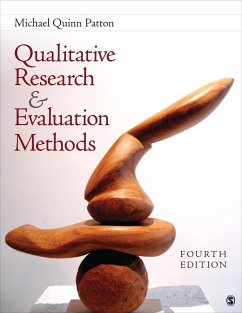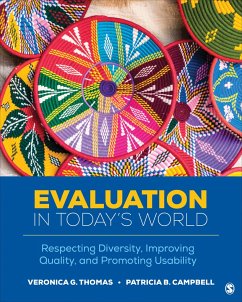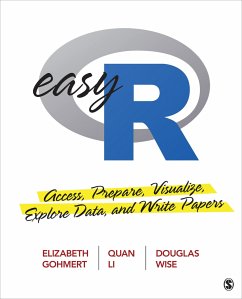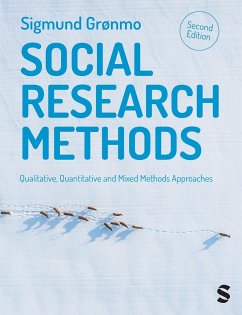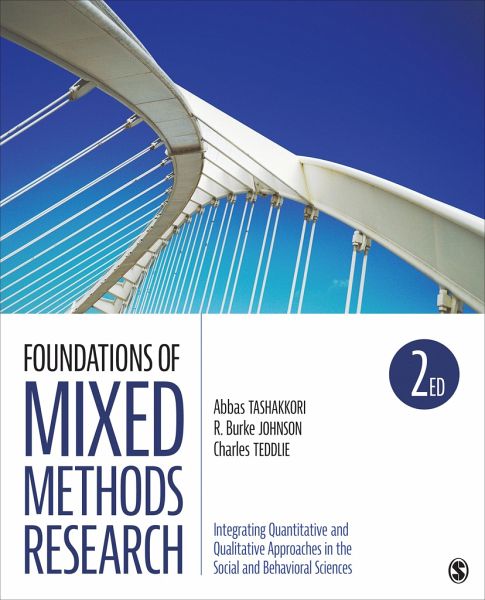
Foundations of Mixed Methods Research
Integrating Quantitative and Qualitative Approaches in the Social and Behavioral Sciences
Versandkostenfrei!
Versandfertig in 6-10 Tagen
40,99 €
inkl. MwSt.

PAYBACK Punkte
20 °P sammeln!
The highly-anticipated second edition of the Foundations of Mixed Methods Research:Integrating Quantitative and Qualitative Approaches in the Social and Behavioral Sciences gives students a comprehensive overview of mixed methods from philosophical roots and traditions through designing, conducting, and disseminating a study. Authors Abbas Tashakkori, R. Burke Johnson, and Charles Teddlie have thoroughly updated the text to reflect the many advances over the last decade in mixed methods. New example studies throughout and a new appendix highlight the latest research on mixed methods and curren...
The highly-anticipated second edition of the Foundations of Mixed Methods Research:Integrating Quantitative and Qualitative Approaches in the Social and Behavioral Sciences gives students a comprehensive overview of mixed methods from philosophical roots and traditions through designing, conducting, and disseminating a study. Authors Abbas Tashakkori, R. Burke Johnson, and Charles Teddlie have thoroughly updated the text to reflect the many advances over the last decade in mixed methods. New example studies throughout and a new appendix highlight the latest research on mixed methods and current best practices. New sections on evaluating quality in mixed methods studies and writing up research results round out the process of mixed methods research. The authors have added features like content summaries and objectives at the beginning of each chapter and chapter summaries and previews at the end of each chapter to aid readers in their mixed methods journey.
Students across social science, behavioral science, and health and nursing fields are now expected to be proficient in mixed methods research. This text begins with an introduction to and overview of the development of mixed methodology, and then takes students through all aspects of working with mixed methods, from research design and data collection through to analysis and conclusions. This new edition includes additional information on writing, publishing, and disseminating results, as well as information on policy impact and annotated examplars of mixed methods research studies. A new generation of mixed methods scholars can now engage with this vital text in mixed methods research.
Students across social science, behavioral science, and health and nursing fields are now expected to be proficient in mixed methods research. This text begins with an introduction to and overview of the development of mixed methodology, and then takes students through all aspects of working with mixed methods, from research design and data collection through to analysis and conclusions. This new edition includes additional information on writing, publishing, and disseminating results, as well as information on policy impact and annotated examplars of mixed methods research studies. A new generation of mixed methods scholars can now engage with this vital text in mixed methods research.



